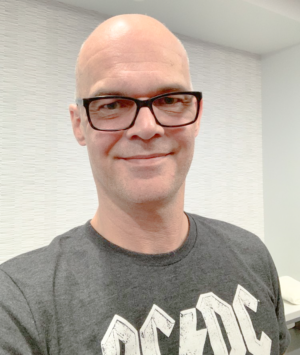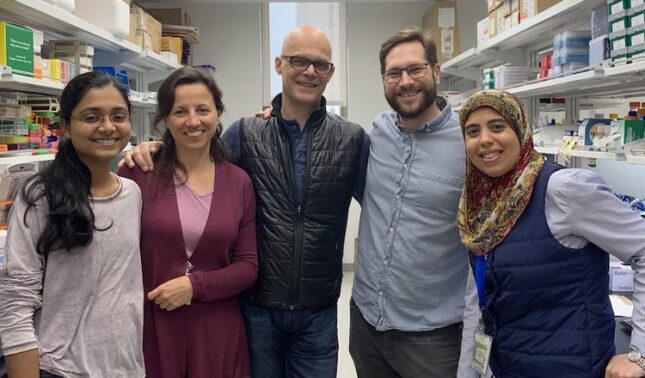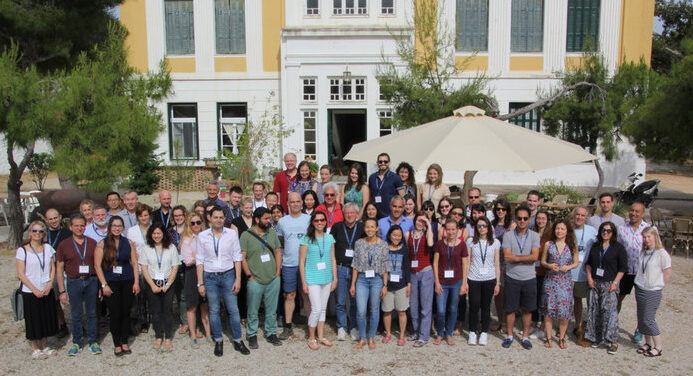
Dr. Andreas Herrlich receives grant to study role of amphiregulin in kidney injury, repair and fibrosis.
Congratulations to Andreas Herrlich, MD, PhD, Associate Professor of Medicine and Director of Translational Medicine in the Division of Nephrology, who has been awarded a five-year, $1.45M (direct cost), R01 grant from the NIH to study the involvement of amphiregulin (AREG) in kidney fibrosis.
Severe or chronic kidney injury leads to sustained activation of the epidermal growth factor receptor (EGFR), a widely expressed transmembrane tyrosine kinase. Sustained activation of the EGFR drives kidney fibrosis (scarring of the kidney), which can result in nephron loss and kidney failure.
AREG, a known EGFR ligand, has been implicated in the development of kidney fibrosis. Dr. Herrlich’s group previously identified kidney proximal tubule cells as the cellular source of pro-fibrotic EGFR ligands, including AREG, in kidney injury. Soluble AREG (sAREG) is produced by ectodomain cleavage of the AREG ligand pro-form by the disintegrin and metalloprotease enzyme ADAM17.
The central hypothesis of Herrlich’s grant (which scored in the 3rd percentile) is that sAREG is the key EGFR ligand responsible for inducing and amplifying pro-fibrotic sustained EGFR activation in kidney injury.
His research will determine whether proximal tubule cell-derived sAREG is sufficient, or necessary, for the development of kidney fibrosis after injury in mice and whether it has roles in early recovery and/or repair-maladaptive repair.
In addition, the study will correlate sAREG serum/urine measurements with degree of fibrosis in human kidney biopsies (representing all stages of CKD) from the Boston-Kidney-Biopsy-Study (n=770), generated by Co-Investigator Sushrut Waikar, MD and with chronic kidney disease (CKD) progressor vs. non-progressor status in the Chronic-Renal-Insufficiency-Cohort (CRIC) study (CRIC ancillary study; in collaboration with Harold Feldman, MD).

Herrlich Lab, March 2019
“At completion of this study we should have a detailed understanding of the roles of AREG in kidney injury, repair and fibrosis, and we will also hopefully have established an even stronger connection of AREG to human kidney fibrosis and relevant functional outcomes,” says Dr. Herrlich.
This exciting research may lead to the development of novel therapeutic options in CKD and to the development of technology that can be used to detect and assess its severity better than with currently available technology.
Herrlich was also head organizer of the EMBO-FEBS lecture course on Molecular Mechanisms of Tissue Injury, Repair and Fibrosis, recently held on the Greek Island of Spetses (May 2019). For read more about Dr. Herrlich’s research, please visit the Herrlich Lab page.

EMBO FEBS Lecture Course; Spetses Island, Greece, May 2019